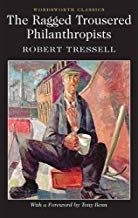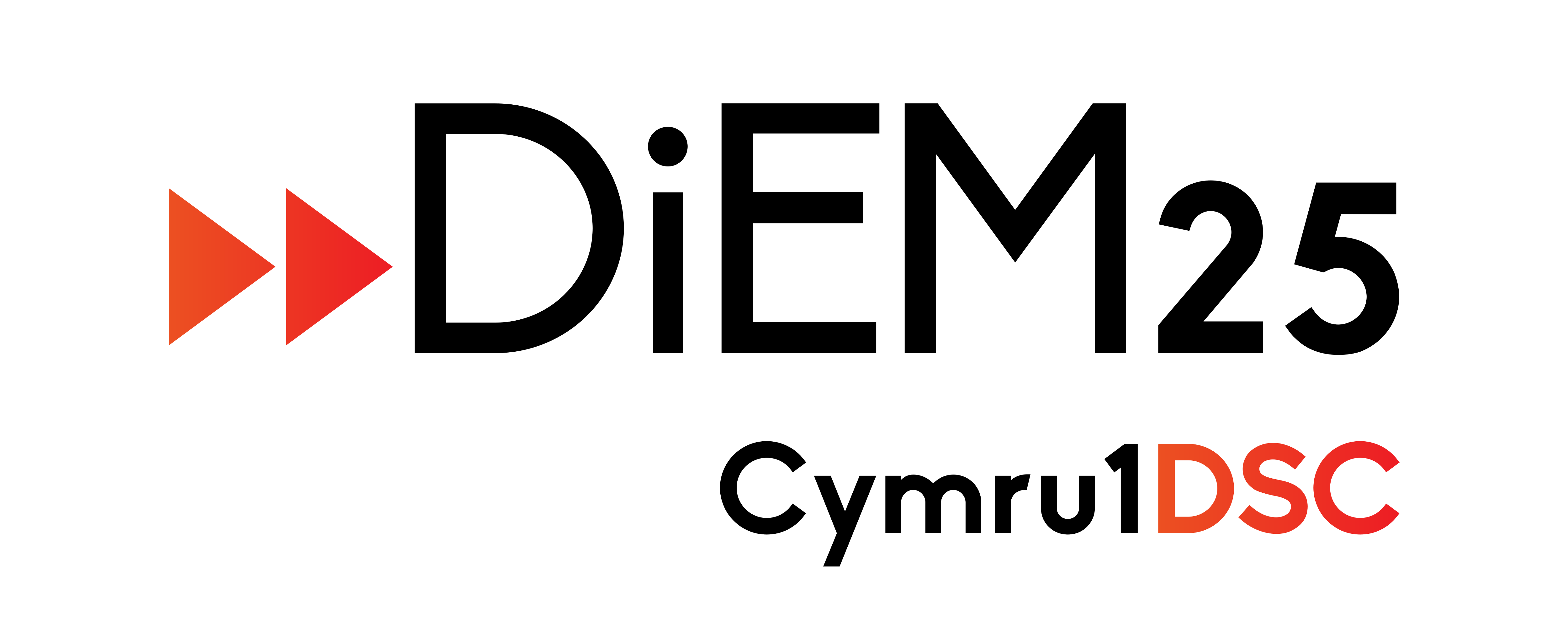These are books that are worth reading. They don’t necessarily correspond to DiEM25’s policies. Links to booksellers are not included as we shouldn’t be endorsing any particular source. The reviews unless stated otherwise are original.
 Blueprint for Revolution
Blueprint for Revolution
How to use rice pudding, Lego men, and other non-violent techniques to galvanise communities, overthrow dictators, or simply change the world
by Srdja Popovic
‘When I was growing up, we dreamed that young people could bring down those who misused their power and create a more just and democratic society. But for Srdja Popovic, living in Belgrade in 1998, this same dream was potentially a much more dangerous idea. But with an extraordinarily courageous group of students that formed Otpor, Srdja used imagination, invention, cunning and lots of humour to create a movement that not only succeeded in toppling the brutal dictator Slobodan Milosevic, but has become a blueprint for non-violent revolution around the world. Through his experiences, his organisation Canvas, and now, with this wonderful book, he is inspiring ordinary people facing injustice and oppression to use this toolkit to challenge their oppressors and create something much better. Srdja rules!’
Author: Peter Gabriel
 And the weak must Suffer what they must?
And the weak must Suffer what they must?
Europe, Austerity and the Threat to Global Stability
by Yanis Varoufakis
All Yanis Varoufakis’s books are worth reading as he is an excellent writer with a great analytical mind. This book puts the politics of austerity in its historical context. It contains a lot of economic theory, but it is always explained well.

Catalonia Reborn
How Catalonia took on the corrupt Spanish State and the Legacy of Franco
by Chris Bambery and George Kerevan
An excellent analysis of the Catalunyan situation from a left-wing Scottish perspective. It gives the historical background of how Catalunya has differed from Spain economically and politically and the differences between Catalunya and Euskadi (the basque country).
It also brings the story up-to-date with the present conflict. It corrects some of the misconceptions on the left such as thinking that it is a spat between two lots of conservatives and that the Catalans are being mean by not helping Andalucia, where’s in fact the Spanish government is penalizing them by deliberately running the Catalunyan economy down and feeding corruption and vanity projects around Madrid.
It is also very critical of the rest of Europe and the EU. For example the EU said they wouldn’t allow an independent Catalunya to join even thought that would mean Spain wouldn’t easily be able to trade with the rest of Europe given the major ports are in Catalunya. The book maintains that an independent Catalunya might well become part of a progressive axis within Europe.
 Freedom Is a Constant Struggle
Freedom Is a Constant Struggle
Ferguson, Palestine, and the Foundations of a Movement
by Angela Y. Davis
Activist, teacher, author and icon of the Black Power movement Angela Davis talks Ferguson, Palestine, and prison abolition.
In these newly collected essays, interviews, and speeches, world-renowned activist and scholar Angela Y. Davis illuminates the connections between struggles against state violence and oppression throughout history and around the world.
Reflecting on the importance of black feminism, intersectionality, and prison abolitionism for today’s struggles, Davis discusses the legacies of previous liberation struggles, from the Black Freedom Movement to the South African anti-Apartheid movement. She highlights connections and analyzes today’s struggles against state terror, from Ferguson to Palestine.
Facing a world of outrageous injustice, Davis challenges us to imagine and build the movement for human liberation. And in doing so, she reminds us that “Freedom is a constant struggle.”
From the blurb
 Adults in the Room
Adults in the Room
My Battle with Europe’s Deep Establishment
by Yanis Varoufakis
This is Yanis Varoufakis at his best as a writer. More political than economic this reads like a novel. It is a bit like Day of the Jackal you know that the story is going to end in failure yet exciting in the built up of how its going to happen. As well as the extraordinary historical events in Greece that he played a part in, it is also original that it gives a first hand insight into the inner workings of government and the Eurozone and his portrayals of the characters are excellent. As he wasn’t a member of Syriza before these events and severed ties shortly after leaving, he can be a lot more honest than your usual political biography.
 PostCapitalism: A Guide to Our Future
PostCapitalism: A Guide to Our Future
by Paul Mason
In the book, Mason discusses the existential threat posed to capitalism by the digital revolution. He argues that the digital revolution has the potential to reshape utterly our familiar notions of work, production and value; and to destroy an economy based on markets and private ownership. In fact, he contends, this is already happening. He points to parallel currencies, co-operatives, self-managed online spaces, even Wikipedia as examples of what the postcapitalist future might look like. Mason argues that from the ashes of the global financial crisis, we have the chance to create a more socially just and sustainable global economy.
From Wikipedia, the free encyclopedia
 Y Digymar Iolo Morgannwg
Y Digymar Iolo Morgannwg
by Geraint H. Jenkins
This is a biography in Welsh of Evan Williams (1747-1826), better known a Iolo Morgannwg. He greatest legacy was the creation of the Druidic Gorsedd y Beirdd and its links with the National Eisteddfod. He is also known for the literary fakes which fooled academics for over a century and were only discovered through careful, forensic analysis.
This notoriety is unfortunate as this wasn’t uncommon at time and was seen more as a tribute. Geraint H. Jenkins is clear that we should respect the great amount of literary research into poetry, language and dialects. He was also an expert in nature and agriculture. As a stone mason without formal education who lived in poverty all his life, he produced a huge amount of poetry and prose in both English and Welsh as well as literary research into language and dialects, agriculture and nature.
Politically he was way before his time. He always campaigned for the poor and oppressed and utterly despised the rich and powerful. According to him the only good thing about fox hunting was that the rich could easily break their necks on some of the fences. A great admirer of Thomas Paine and the Rights of Man and sympathized greatly with the French Revolution. He campaigned against the war between Britain and France. He saw war as an unnecessary stupidity created by the rich and powerful. Also, interestingly he wrote a letter to Napolean suggesting a federation of nations of Europe.
Fervently against the British Empire he refused to have anything to do with the slavery (disowning his brothers who had gone to Jamaica). Even more than the majority of abolitionists, black and asian people are equal “cyd-frodyr” or brothers. His view of the Haitian Revolution was that the “white devils” deserved to be killed. He briefly ran a shop in Cowbridge that sold radical books and herbal teas and had a sign up stating that nothing in the shop was produced from slave labour. Reminds you of anything?
 Capital in the Twenty-First Century
Capital in the Twenty-First Century
by Thomas Piketty
Capital in the Twenty-First Century is a 2013 book by French economist Thomas Piketty. It focuses on wealth and income inequality in Europe and the United States since the 18th century. It was initially published in French (as Le Capital au XXIe siècle) in August 2013; an English translation by Arthur Goldhammer followed in April 2014.[1]
The book’s central thesis is that when the rate of return on capital (r) is greater than the rate of economic growth (g) over the long term, the result is concentration of wealth, and this unequal distribution of wealth causes social and economic instability. Piketty proposes a global system of progressive wealth taxes to help reduce inequality and avoid the vast majority of wealth coming under the control of a tiny minority.
From Wikipedia, the free encyclopedia
 Out of the Wreckage
Out of the Wreckage
A new politics for an Age of Crisis
by George Monbiot
This is a positive guide to a new type of community action politics in contrast to neo-liberalism and environmental catastrophe. It proposes a grassroots kind of democracy that has influenced a lot of diem25s thinking.
 Heroic Failure
Heroic Failure
Brexit and the Politics of Pain
by Fintan O’Toole
The author analyses the psychology behind the Brexit referendum mainly in terms of identity and culture rather than economics or personalities. He plots the rise of English Nationalism and shows that a lot of remainer arguments fell on deaf ears as brexit was a Punk like exercise in self-harm, heroic failure and the need to create a enemy that didn’t exist. Harsh, yes, but does ring true. It my mind does contain clues to how to break out of the impasse.
 The Experiment
The Experiment
Georgia’s Forgotten Revolution
by Eric Lee
This is a really interesting book about a revolution that has been ignored. The Georgian Democratic republic was a multi-party democracy with independent judiciary and trade unions. They also had votes for women and maternity leave, free education and healthcare, unemployment benefit and welfare. A country way before its time. And the government (Menchevik) was dyed in the wool orthodox Marxist. It’s a real tragedy that it was brutally and mercilessly suppressed by Lenin, Trotsky and Stalin a prequel of future events.
 The Ragged-Trousered Philanthropists
The Ragged-Trousered Philanthropists
by Robert Tressell
The Ragged-Trousered Philanthropists (1914) is a semi-biographical novel by the Irish writer Robert Tressell, published after his death from tuberculosis in 1911, about a house painter’s efforts to find work in the fictional English town of Mugsborough (based on the coastal town of Hastings) to stave off the workhouse for himself and his daughter. An explicitly political work, it is widely regarded as a classic of working-class literature.[1]
The original title page carried the subtitle: “Being the story of twelve months in Hell, told by one of the damned, and written down by Robert Tressell.”

Your review of Heroic Failure makes me curious to check it out.
Have you read anything by Pettifor or Michael Hudson?
LikeLike
No I haven’t come across them before. I’ll check them out
LikeLike
Everyone should read Ann Pettifor of the New Economics Foundation. She makes clear to those of us who are not experts in banking and finance why the claim that there is no magic money tree does not make sense. She actually predicted the 2008 financial crisis.
LikeLike